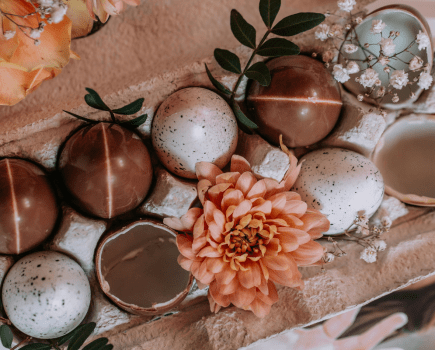Functional nutritionist and author Pauline Cox advises how to go low or no alcohol and highlights drink switches so you can make healthier choices.
Love Your Liver
Your liver has a tough job dealing with countless toxins every day. Not only does it detoxify used hormones like oestrogen, but it also makes bile, which is crucial for carrying toxins away from the liver and helping absorb nutrients from your food. It also helps balance blood sugar levels among many other important functions. It’s one busy organ!
Alcohol negatively impacts your liver. When alcohol enters the bloodstream, the liver works hard to eliminate it, first breaking it down into a very toxic substance before converting it into a less harmful one. Some people detoxify alcohol more rapidly and effectively than others, often due to genetic factors. Excessive alcohol consumption can lead to over-inflammation and damage. The master antioxidant, glutathione, made in the liver, becomes depleted when you drink, leaving you vulnerable to increased inflammation and cellular damage.
Liquid Sugar!
You might not expect your gin and tonic to give you a sugar hit, but mixers are laden with the sweet stuff. Tonic water, for example, can have up to 18g of sugar per serving, which is about four teaspoons. With dietary guidelines advising an upper limit of 25-30g of sugar per day, just two G&Ts mean you’ve exceeded this. Couple the sugar surge with the big hit in feel-good dopamine from your favourite alcoholic drink, and you can start to see why alcohol can be so addictive!

Sleeping Beauty
While alcohol may lull you into a state of relaxation, it doesn’t help with sleep. Alcohol is a sedative but negatively impacts the important sleep cycle. This is why you can feel exhausted after a night of drinking, despite being asleep for 7-8 hours. Alcohol can negatively impact REM sleep, the part of your sleep cycle important for memory and learning. Long-term reliance on alcohol to help sleep can lead to difficulties falling and staying asleep.
Better Booze Choices
1. Limit Sugar Content
Alcohol comes with a hierarchy of sugar content. Vodka is best for low sugar, but watch out for sugary mixers. Switch to fresh lime, soda water, and mint leaves for a much lower sugar hit than orange juice or coke. Cocktails can be sugary culprits too, such as juice and cordial-based tipples. Dry white wine diluted with sparkling water is a good lower-sugar option too.
2. Drink with Food
Having a drink with your food can reduce the workload for your liver. The food in your stomach slows the release of alcohol into your blood, allowing your liver time to process and eliminate it.
3. Go Dry
With better sleep and energy and without the depressive effects of alcohol, you will really feel the benefits of going without. Low-sugar kombucha, kefir water, or apple cider vinegar all offer gut-healthy alternatives to alcohol. One of my favourites is low-sugar OHMG Sparkling Magnesium Water (£1.99, sowandarrow.com), which has the calming benefits of magnesium.
Visit sowandarrow.com for more alcohol alternatives, and follow Pauline at instagram.com/paulinejcox.







